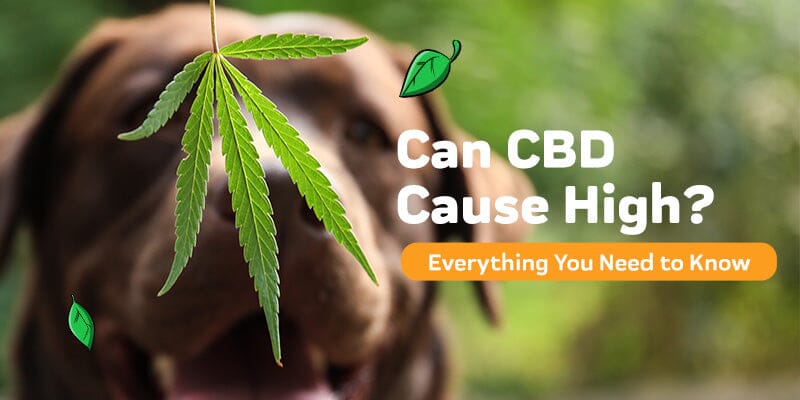
It very common for dog owners to have no knowledge on anal glands, which is not surprising as the name is not very attractive to the ears. Despite the name, it is very advisable for all dog owners to become knowledgeable on anal glands as issues with them can affect all types of dogs.
They can also be referred to as scent glands or anal sacs. When the anal glands are found in dogs, they are little glands that are found near the anus. Dogs are not the only mammals that can be affected by anal glands, other animals like cats can also be affected by anal glands. Dogs make use of the anal glands to recognize other dogs by smell or to mark their territory. These glands at some point must be expressed for the hygienic and health purposes.
Why do anal glands cause problems?
Anal glands are often expressed naturally then the dog has a bowel movement, therefore the feces movement effectively expresses the anal glands automatically. This is unfortunately not the case for smaller dogs who face more difficulties in this regard. In small dogs, their anal glands fail frequently to be fully expressed whilst bigger dogs will face expression problems when they have loose stools or low fiber diets.
How do you know if your dog is having anal gland issues?
Anal glands problems are easily identified by your dog’s discomfort as they scoot their rear ends across the floor, carpet, your lap or your bed in an attempt to alleviate the itch or irritation caused by anal glands. Aside from that, another anal gland issue indicator is your dog continuously licking its anal area and the appearance of swelling around the dog’s anus. Should you ever notice the swelling, it is best to call the vet immediately.
What to do if you notice anal gland problems?
Although anal gland issues can sometimes look and sound scary, there is no cause for alarm as most dogs are bound to have issues with anal glands at some point or another. Should your dog be experiencing anal gland discomfort for the first time, make sure you take him to the vet to ensure that there are no other medical problems. If your vet suggests that your dog’s anal glands need to be expressed, then you should ask the vet to show you how this can be done. It is not going to be an enjoyable experience with your dog as you have to squeeze the glands at different intervals. As unpleasant as it is, it’s more convenient and will save you from the trouble of calling your vet or groomer. Learning this skill will be vital, particularly if your dog gets recurring anal gland issues. It is advisable to not unnecessarily express your dog’s anal glands, as excessively doing so can result in discomfort. If your dog does not smell in that area and there are no symptoms of issues associated with anal glands, then there is no need for the anal glands to be expressed manually.
As much as we love to ignore problems in a hope that they will go away, this is not advisable with anal gland issues because leaving them untreated can result in the anal glands getting infected or impacted. If you decide to take on expressing your dog’s anal glands at home, you should by all means necessary keep your eyes open to observe the fluid. Whilst expressing the anal glands if you see a pasty or thick fluid or nothing at all or your dog yelps in pain whilst you are expressing the anal glands, this is a likely indicator of impacted anal glands. Your dog must then be taken to the vet immediately for treatment.
If your dog seemingly has chronic anal gland infections or anal gland problems, this can be an indicator of a need to change your dog’s diet to a more fiber rich diet or a need for surgical removal of the anal glands.
In order to avoid anal gland problems, you should put your dog on an adequate fiber diet from the very beginning as it has preventative characteristics. Prevention is always better than cure, and the maintenance of your dog’s weight and active lifestyle will play a huge role in preventing anal gland issues. Most people who have dogs for the first time have no idea what anal glands are and the possibility of their dogs developing problems with them in the near future. However, the fact that your dog develops anal gland problems is no cause for alarm, the first step is learning how to express the glands on your own and if you see something you don’t understand, call a vet.















